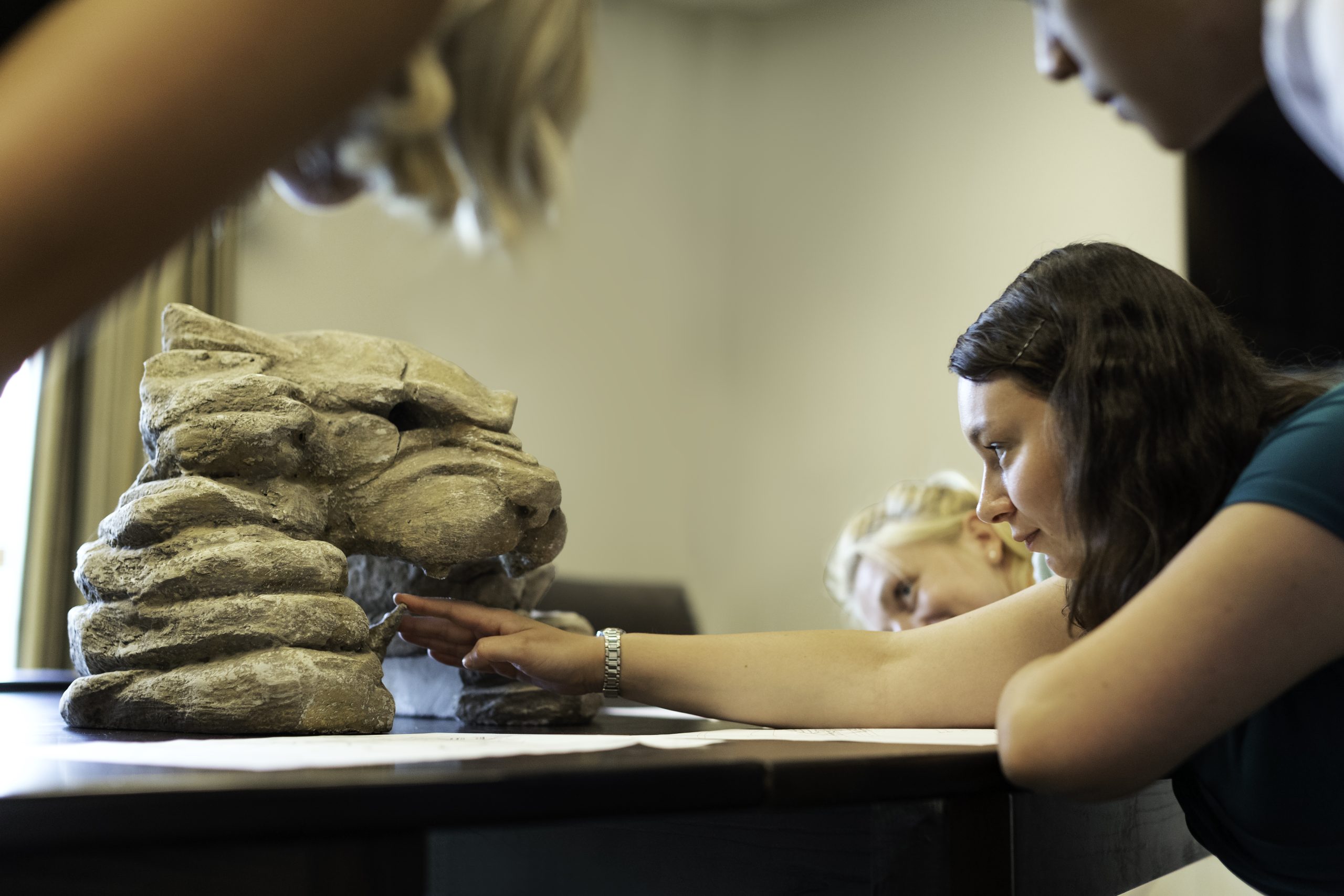Engineering should be made more visible in schools, say academics

Many school leavers are unaware engineering is a career option, think they must have maths or science qualifications to be considered, or hold the view it’s a career path ‘just for certain types of people’, according to academics.
Almost two thirds (63%) of respondents from the survey of the nation’s engineering academics felt that engineering should be made more visible in schools. One respondent said that they should “help to educate parents about what a fantastic career choice a professional engineer is’.
The survey, conducted by New Model Institute for Technology & Engineering (NMITE) and the Engineering Professors’ Council (EPC), was done in advance of the EPC’s ‘Engineering Academics Annual Congress’ which will see engineering academics from universities across the UK to explore issues in education and engineering.
James Newby, CEO at NMITE, gave his thoughts on the results: “It’s clear that more needs to be done to help inform young people about engineering as an option, earlier in their learning journey. This is not a finger pointing exercise targeted at schools. They have enough on their plates.
“It’s important that the national curriculum reflects the diversity of careers available to school leavers within STEM. In September 2022, T-level courses started in engineering, which is a promising sign that things are moving in the right direction.
“We are also seeing impressive initiatives from industry trying to assist with the education piece, alongside institutions like ours going into schools and engaging directly with students. It’s about putting engineering on their radar and changing some of those perceptions that engineering is only for boys, or for those who excel at maths for example. Our new model of education is open to new and different kinds of thinkers and the old stereotypes don’t apply.”
Not far behind the need for more visibility of engineering in schools, the EPC research also revealed that 60% of respondents felt that making ‘engineer’ a restricted professional title in the UK, as it is in many other countries, could elevate the status of the profession.
Demonstrating just how important climate considerations are for the industry, 61% said they last changed their curricula to place agreater emphasis on sustainability, followed by 54% who did so to improve student satisfaction.
Johnny Rich, chief executive of the EPC, commented: “The UK has a skills shortage in engineering running into tens of thousands every year. Without plugging that gap, we cannot hope to address the environmental, technological, economic and social challenges we face and that many young people care passionately about.
“But you cannot be what you cannot see. We need to be clearer in schools about what engineering is – a creative subject that applies science and design to real-world problems and which leads to fulfilling and rewarding careers for all kinds of students.”
In line with the theme for the upcoming Engineering Academics Network Annual Congress, which is ‘New Models’, when asked what the most promising new models for engineering education are, over half (54%) of respondents answered project-based learning, with 49% choosing problem-based learning.
Either way, both suggest that practical, hands-on learning by doing is the way forward, something that NMITE embraces wholeheartedly. James Newby commented: “We teach our courses in studios, not lecture theatres, and in small teams – not large groups. Most importantly, the programmes involve, at every stage, engagement with employer partners and work on real life projects.”
The EPC and NMITE research also included an open-ended question around the gender gap in the engineering workforce, which highlighted a strength of feeling around the topic.
While some rallied against the question and argued that women do prosper, others felt that concerns around unconscious bias and the industry being male-dominated were a barrier. Off-putting workplace attitudes and culture, inflexible working patterns and a lack of accommodation for family commitments still present an issue for many women in engineering.
For more information about the Engineering Professors’ Council visit https://epc.ac.uk and for more information about NMITE visit: https://nmite.ac.uk.
Image credit: ‘Female civil engineer with model of theme park attraction‘ by This is Engineering is licensed under CC BY-NC-ND 2.0







